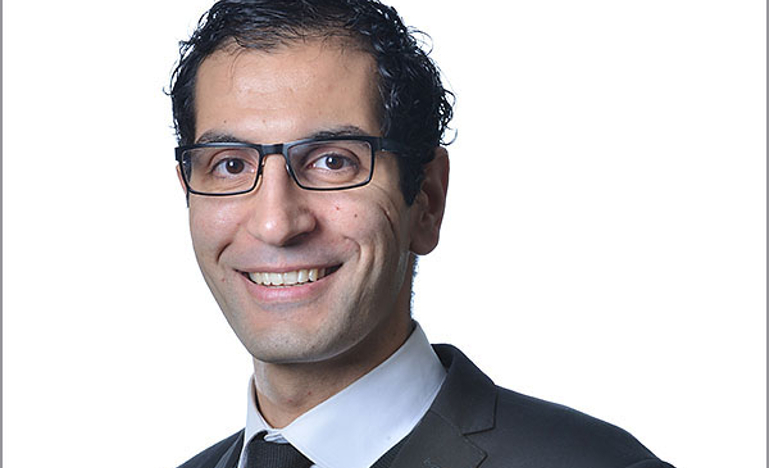A century of scholarship
The Canadian Bar Review is preparing to celebrate its 100th anniversary in 2023.

In 2023 we mark a full century of bilingual, peer-reviewed legal scholarship, a history of law and society that teaches us about who we are, what we care about and how we go about making society better for those who will follow. If you look through the archives – the entire century of publications is open access – you may find topics that elicit a slight chuckle. For instance, in “Law as a link of empire,” Lord Shaw discusses justice as the secret of true unity of an empire, and “how the legal profession has the difficulty of balancing between the pursuit of academic achievement and an honest livelihood and cultured life.”
Other articles clearly sound like they are from a different era. Such as Maître Auguste Lemieux, c.r., writing about how l’harmonie de nos lois favorisera celle de nos deux races. (Harmony in our laws will favour harmony between our two races – by which he meant English- and French-speaking Canadians.)
The language has certainly evolved over 100 years, but so has the content and the law itself. And as always, what appears in the CBR is carefully reviewed by anonymous and volunteer peers who can, sometimes, be a little harsh in their critiques. But always fair and constructive, in service to superior scholarship and content that, linguistic quirks notwithstanding, will stand the test of time.
Such a learned legacy leaves traces everywhere in the legal world. There are many people over the century who contributed to creating it. Authors, of course. Tough reviewers, too. But above all the success of an academic journal is due to the rigorous, and sometimes under-appreciated work of editors.
“The model the CBR uses is that of an external editing host, based at a university” explains University of Windsor Professor Christopher Waters, co-editor of the CBR. For the last five years that host was the University of Windsor Faculty of Law, and it will continue in that role for the next five years.
There are three editors. In addition to Waters, we have Assistant Professor Wissam Aoun (pictured above), also at UWindsor, who began his five-year term when that of Professor David Tanovich ended. Professor Patrice Deslauriers at the Université de Montréal is the editor who handles French content. At the Canadian Bar Association’s national office in Ottawa, Richard Pilon keeps everything organized, coordinating layout and translation of abstracts, maintaining the journal’s open-access website and relationships with ease and efficiency.
Being the editor of a legal journal was certainly on Aoun’s bucket list. When the opportunity came up, he jumped at it. “The CBR is a highly recognized legal journal, and cited by the courts,” he says. “I wanted to participate in a journal that I myself read.”
CBR editors make a point of thanking their colleagues for what they learn from each other. “In our academic lives, we’re constantly pulled towards specialization,” says Waters. Working on the CBR gives people like he and his colleagues a chance to see the big picture. “In some ways, the CBR is a really important endeavour, in that sense of having a dialogue between the legal families of common and civil law, but increasingly as well, with Indigenous legal orders.”
As they work on marking the first century of the CBR, the current editors look back for inspiration on “giants” who came before them, people like Cecil Wright (eulogized by Bora Laskin in the CBR) and Beth Bilson of Saskatchewan who held the reins for a decade before Tanovich and Waters took over. “I’m grateful to her for handing over a journal that was a great shape,” says Waters.
As the law and legal scholarship continue to evolve, look to the CBR to take the big picture and ensure that its authorship and readership reflects the diversity of the Canadian legal profession.


